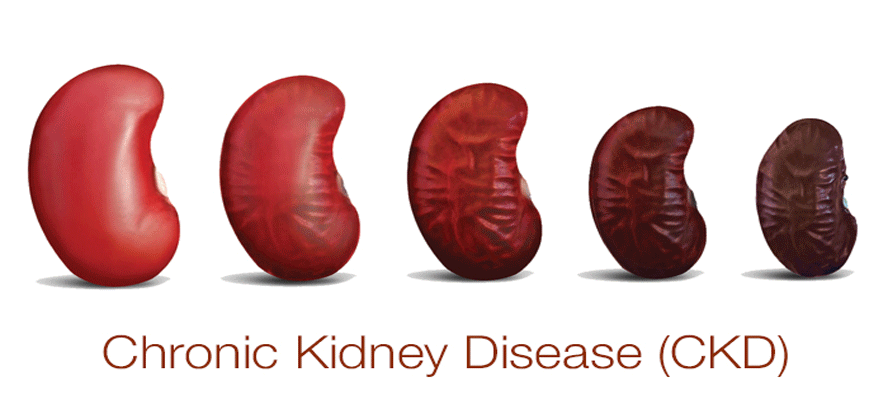Understanding Chronic Kidney Disease: Causes, Symptoms, and Treatment
Understanding the Impact of Chronic Kidney Disease on Kidney Health
Chronic Kidney Disease (CKD) is a progressive and long-term condition that affects the functioning of the kidneys. It occurs when the kidneys are unable to perform their essential functions adequately, such as filtering waste products and excess fluid from the blood, maintaining electrolyte balance, and producing hormones that regulate blood pressure. In this article, we will explore the causes, symptoms, and treatment options for CKD.
Causes of Chronic Kidney Disease:
CKD can be caused by various factors, including high blood pressure (hypertension), diabetes, recurrent urinary tract infections, kidney infections, prolonged obstruction of the urinary tract, and certain genetic disorders. Other contributing factors include autoimmune conditions, kidney stones, chronic urinary tract disorders, and prolonged use of certain medications or exposure to nephrotoxic substances.
Symptoms of Chronic Kidney Disease:
In the early stages, CKD may not present noticeable symptoms. As the disease progresses, common symptoms may include fatigue, fluid retention, decreased urine output, swelling in the legs and ankles, persistent itching, muscle cramps, nausea, and loss of appetite. Additionally, individuals with CKD may experience sleep problems, difficulty concentrating, and a general feeling of malaise.

Treatment Options for Chronic Kidney Disease:
The treatment of CKD aims to slow down the progression of the disease, manage symptoms, and prevent complications. The treatment plan may vary depending on the stage of CKD and underlying causes. Lifestyle modifications such as adopting a healthy diet low in salt, phosphorus, and potassium, quitting smoking, limiting alcohol consumption, and regular exercise can significantly contribute to managing CKD.
Medications may be prescribed to control blood pressure, lower cholesterol levels, treat anemia, and manage other conditions associated with CKD. In advanced stages of CKD, medical interventions such as dialysis or kidney transplantation may be necessary to replace the lost kidney function. Dialysis helps remove waste products and excess fluid from the blood, while kidney transplantation involves replacing the damaged kidneys with a healthy kidney from a donor.
Prevention and Lifestyle Changes:
Prevention plays a crucial role in managing CKD. It is essential to maintain a healthy lifestyle, manage underlying conditions such as diabetes and hypertension effectively, and regularly monitor kidney function through routine check-ups. Managing blood sugar levels, controlling blood pressure, and avoiding nephrotoxic substances can help reduce the risk of developing CKD or slow down its progression if already diagnosed.
In conclusion, Chronic Kidney Disease is a progressive condition that affects the kidneys' ability to function properly. Understanding the causes, recognizing the symptoms, and seeking timely medical intervention can help manage the disease effectively. By adopting a healthy lifestyle and following the recommended treatment plan, individuals with CKD can improve their quality of life and minimize the risk of complications associated with the condition. Regular communication with healthcare professionals and staying informed about the latest advancements in kidney health are essential for individuals living with CKD.
We are associated with experienced and highly skilled medical professionals. We use the latest medical technology available in the world and we provide medical services in collaboration with JCI & NABH Certified hospitals only. Our services include various types of treatment and organ restructuring and transplant.
